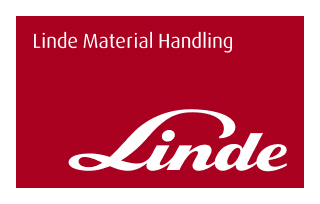- Blog
- General


Forklift safety cannot be stressed enough. Although it may be rare for a counterbalance forklift to tip over, it can be an extremely hazardous situation. Not only could it endanger the driver, but it can pose serious safety risks for other people in the workplace.
One of the daily challenges facing forklift drivers is that they move many different types of loads and they’re often trying to judge the unknown: exact load weight, load center, and safe lift height. This tends to cause drivers to rely on instinct rather than information and can leave too much scope for human error. When operators rely more on instinct than concrete data, accidents are more likely to happen. Collisions with racking and storehouse structures become more likely while overloaded trucks become more prone to tipping over. The danger to human life is the most important consideration, however it is important to note that forklift accidents can be very costly as well. Damage to warehouse infrastructure, and disruption to workflow and staff downtime due to injury can be quite costly for a business.
To combat these challenges, Linde has developed the unique Linde Safety Pilot system (LSP). This innovative breakthrough in technology is proving to reduce the chance of accidents and make safe forklift operation both easy and efficient.
The Linde Safety Pilot is cutting edge technology. Multiple sensors located around the vehicle receive and transmit data to the central truck control unit. This allows drivers to visually assess the safety of the load they are carrying and their proximity to surrounding objects, while providing them with an acoustic warning system in the event of overloading, and automatic truck intervention to help ensure safe travel speed and load management.
The benefits of Linde Safety Pilot speak for themselves: safer workplaces, improved efficiency, and better workflow.